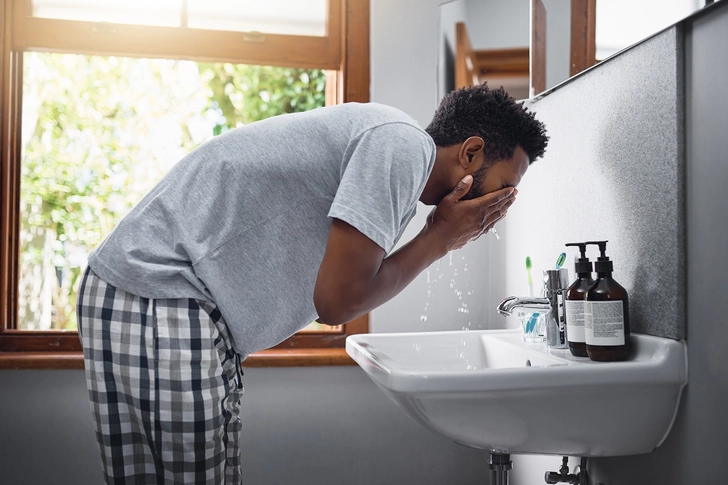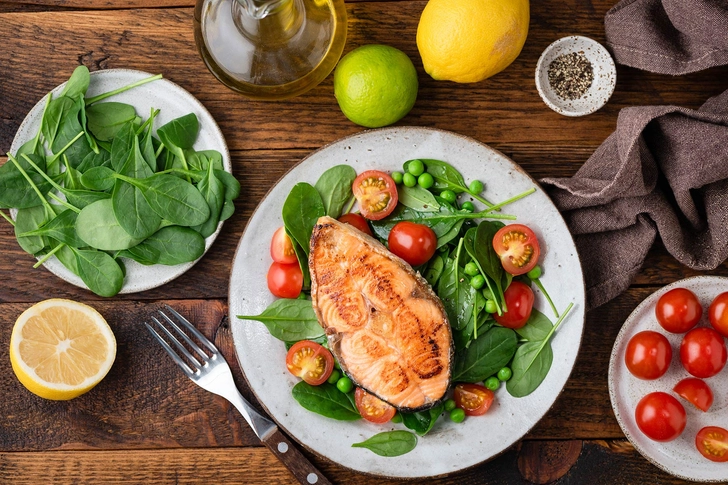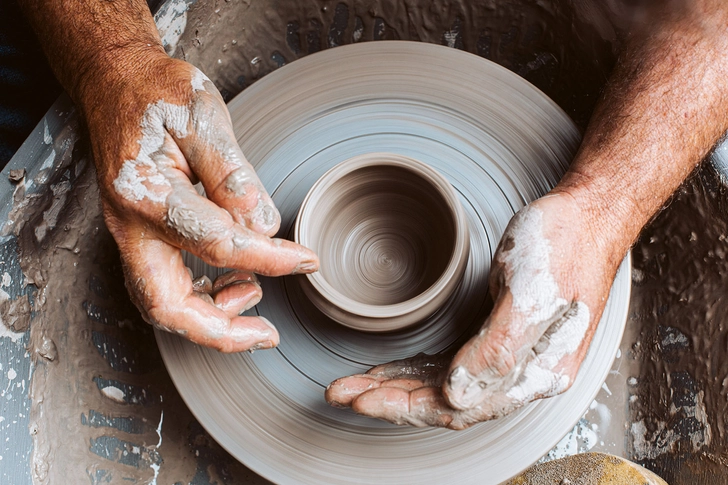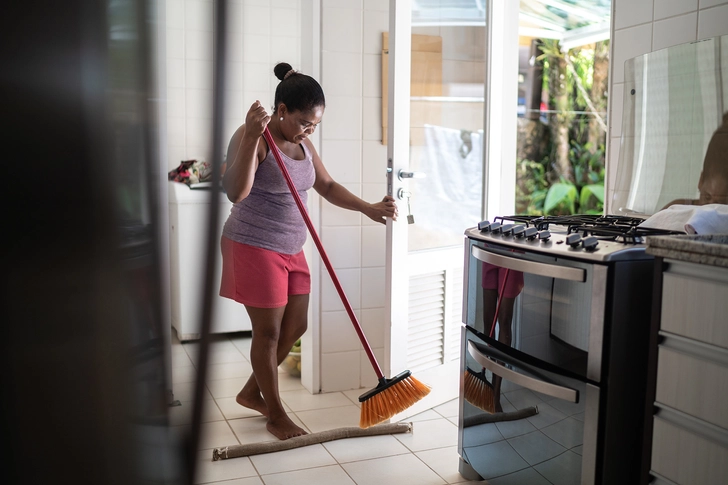- Overview
- Symptoms
- Causes & Risks
- Diagnosis
- Types
- Major Depressive Disorder
- Treatment
- Antidepressants
- Treatment-Resistant Depression (TRD)
- Living With
- Recovery & Relapse
- Complications
- Caregiving & Support
- Appointment Prep
- View Full Guide
Beat the Blues: 10 Positive Skills to Combat Depression


How Can I Fight Depression?
Depression can be hard to treat — some patients get better without any treatment, and some patients struggle despite trying many depression treatment options. Therapy and anti-depression medications can be life-saving for many patients experiencing depression, but there are also skills you can build at home to help you beat the blues.

Spend Time in Nature
Even just in the backyard, getting outdoors has a lot of proven mental health benefits, including lower levels of stress, better moods, higher levels of empathy, and improved attention span. People who spend more time in green, natural spaces report having a deep sense of contentment and well-being and are more likely to feel like their lives have a meaningful purpose.

Practice Mindfulness
Mindfulness — non-judgmental awareness of what you're thinking, feeling, and experiencing — can help combat depression symptoms. Meditation that focuses on reducing worry and repetitive thoughts can be beneficial. A typical meditation is to visualize a symbol of your depressive symptoms and then imagine letting them float away like a balloon.

Move Your Body
Exercise can be as effective as anti-depressants in some cases of depression. Starting an exercise routine while depressed can be difficult, so start small. Even walking for five minutes a day can help you create an exercise routine that will benefit your mental and physical health.

Visit Friends and Family
Connections with your social group are essential for your mental and physical health. You don't have to be a social butterfly, but people who experience social isolation have an increased risk of depression. If you can't see people in person, connecting through technology like texting or video chat provides some of the same benefits.

Start a Gratitude Journal
Being thankful is considered polite, but it can also improve your mental health. You can keep a gratitude journal by setting aside a few moments each day to write down things you're thankful for. Gratitude journals can help you to feel better about your life, improve your relationships, and even have fewer visits to the doctor."

Set Small Goals
Everything can feel overwhelming when you're depressed. Instead of beating yourself up about big goals that feel overwhelming, break things down until they feel more manageable. If taking a shower feels impossible, try washing your face and brushing your teeth. If brushing your teeth feels impossible, try just rinsing with mouthwash. Setting small, achievable goals can help you maintain a self-care habit and feel a sense of achievement. Setting S.M.A.R.T goals — specific, measurable, achievable, relevant, and timebound — can help you stay on track with small goals and break down larger goals into smaller, more manageable steps.

Eat Something Healthy
Food can be a common problem when depressed — some people lose their appetite entirely while others use food to numb their emotions. Mediterranean style diets can lower the risk of depression, but cooking healthy meals while depressed can be difficult. Don't overcomplicate things — salmon that you can cook in the microwave paired with an apple and some ready-to-eat baby carrots is a perfectly acceptable, low-effort meal that's good for your mind and body.

Get Your Vitamin D Checked
Low Vitamin D levels can cause fatigue, pain, weakness, and mood changes like depression.
If you feel like nothing is helping to lift your mood, consider getting your vitamin D levels checked. Your doctor can do a blood test to tell you if you might benefit from a vitamin D supplement. Over 5% of U.S. adults are considered severely deficient in vitamin D.

Be Creative
Art therapy has had positive outcomes as part of a treatment plan for many mental illnesses, including depression. Art, crafts, or other creative projects can help you express your feelings, give structure and purpose to your day, and give you a sense of positive accomplishment.

Declutter Your Home
Too many things in your home can be stressful and make it more challenging to function. Cleaning and decluttering can help give you a sense of control over your environment, reduce stress and overwhelm, and make it easier to perform tasks of daily living. Don't feel like you have to get your house perfect to see the benefits — even getting stray trash into the garbage can and out of the house can be a significant improvement.
PHOTO CREDITS:
1. E+ / Getty Images
2. E+ / Getty Images
3. DigitalVision / Getty Images
4. DigitalVision / Getty Images
5. Moment / Getty Images
6. DigitalVision / Getty Images
7. Moment / Getty Images
8. iStock / Getty Images
9. iStock / Getty Images
10. Moment / Getty Images
11. RooM / Getty Imagess
12. E+ / Getty Images
SOURCES:
The Lancet: "Treatment outcomes for depression: challenges and opportunities."
American Psychological Association: "Nurtured by Nature."
Frontiers in Psychology: "Mindfulness and Symptoms of Depression and Anxiety in the General Population: The Mediating Roles of Worry, Rumination, Reappraisal and Suppression."
Harvard Health Publishing: "Exercise is an all-natural treatment to fight depression."
Mayo Clinic: "Mayo Clinic Minute: The benefits of being socially connected."
Harvard Health Publishing: "Giving thanks can make you happier."
University of Michigan Eisenberg Family Depression Center: "Goal-setting."
Harvard Health Publishing: "Diet and Depression."
European Journal of Clinical Nutrition: "Vitamin D deficiency 2.0: an update on the current status worldwide."
Frontiers in Psychology: "Art Therapy: A Complementary Treatment for Mental Disorders."
Cleveland Clinic: "Decluttering Your Life: How Cleaning and Mental Health Are Connected with Dr. Dawn Potter."